Teaching Children To Be Thankful.
In the past
My husband came from a trip and he brought back some chocolates for the kids. Now who doesn’t like chocolates?! We were sure he would be thankful. But instead of the much expected gratitude, my son sulked. Apparently, he didn’t ask for those particular chocolates.
Sigh….
Little ones are easy to please. As kids grow, everything else seems to grow with them but the child’s ability to be thankful, somehow, seems to regress. When he was younger he was very content with just the swing in the park. As he was growing older, the only things that excited him were something that came out of a box wrapped in gift paper.
Fast Forward To Today
Everyone wants their children to be grateful. But things are difficult in today’s times with there being too much of everything around. Too much food. Too much luxury. Two working parents and too much guilt indulgence. I see a trend around me. So while we don’t want to deny our children the pleasures of childhood, we don’t want them to believe that they have a sense of entitlement to everything. When things come easy to them, it is less likely that children will be thankful.
5 Signs you child has entitlement issues:
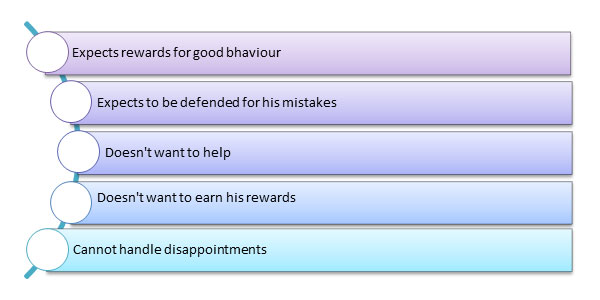
I’m not sure when entitlement crept into our lives, but we finally recognized it for what it was. We had to teach our children to be thankful. To be grateful for what they had.
These are a couple of things we have started practicing in our home in our quest of teaching children to be thankful.
- Being Thankful For Gifts: This is important in learning to be grateful. Birthday parties and festive gifts are received but never thanked for. Writing out small thank you notes can actually teach your children to be thankful for what they have received. Just a phone call goes a long way too. I use the What’sApp voice messaging option for this sometimes. The kids love it!
- Practice Gratitude: We lead from examples. Within the family there are many things that one has to be grateful for. We have started asking each other to name the good thing that happened in the day. Simple things like these are noticed by the kids. Practicing gratitude in front of the kids has helped us to inculcate the same feeling of thankfulness towards things in them.
- Struggle Breeds Gratitude: This sounds harsh, but if we don’t let our kids struggle, there will never be appreciation for anything. Hard work is important. My son loves making tents out of blankets and pillows. He took the clearing up for granted. All until one day I refused to do it. He laboured and toiled for half an hour putting things back in order. I was a silent onlooker and refused to help. He realized that he cannot take me for granted and in turn is more careful about how he manages things around the house.
- Count Your Blessings With ‘What If’s’: I liked this idea from The hypothetical situations make your children imagine a world without all the luxuries and helps them to understand the good that they have.
- Live Without The Luxuries: My car happened to be in the garage and I went to pick my child from the bus-stop in an auto-rickshaw. He was far from happy! So though the car was back from the garage the next day, I ensured that I went in the rickshaw for the next three days. Sure he missed the car, but this brought him to the point that he accepted the situation and was grateful for not having to walk back in the heat!
- Teach about charity: This goes a long way in teaching your children about being grateful. When children see others in need and are taught to help those who are less fortunate they become less egocentric, which is a gift you can give your child that will last a lifetime.
- Ask Yourself: This piece was the most important in our effort to reverse the situation that we were in. Sometimes, we indulge our kids to cover our own guilt. So introspect.
- Does my child really need this?
- What will happen if I just say no?
- Why am I so eager to buy this for him 8. Say ‘NO’: As parents, we must recognize that when we say NO to a child who doesn’t have the need for a new toy, we are:
- teaching him self-control
- to cope with disappointment
- understanding that needs and wants are different.
- examining own desires to purchase more stuff from our kids
- We are setting the stage for managing the many ups and downs and injustices life will bring.
So the next time you feel the need to purchase something for your child remind yourself that your child needs to survive in this world through strength of spirit, values and character.
Food For Mommy’s Thought: The acquisition of more material goods does not build character. Instead it creates a dependence on purchases to feel good, and it rarely satisfies.



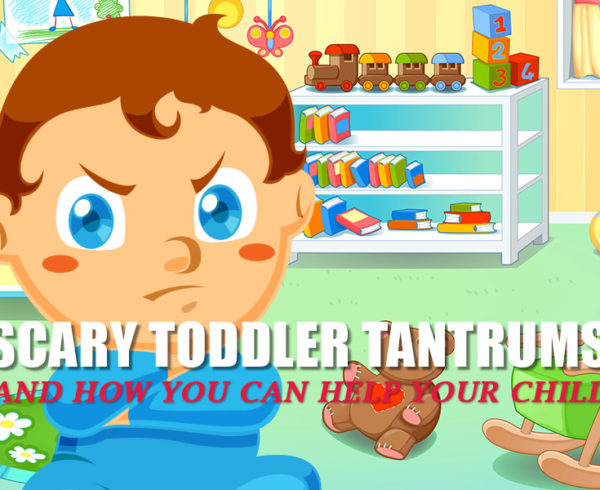
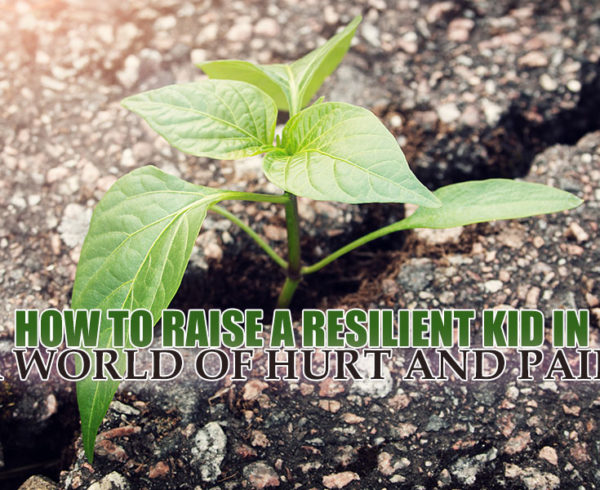
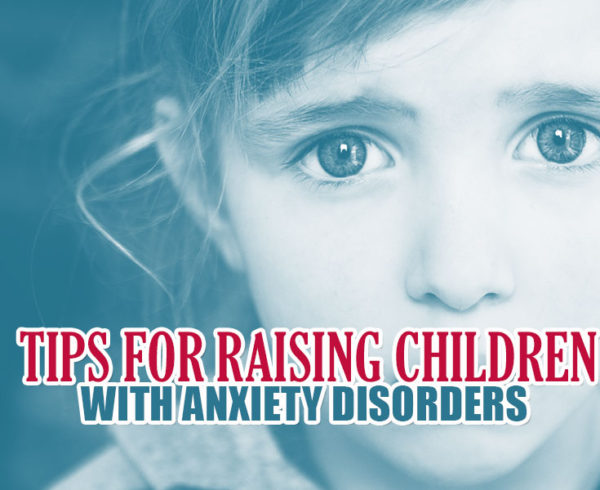
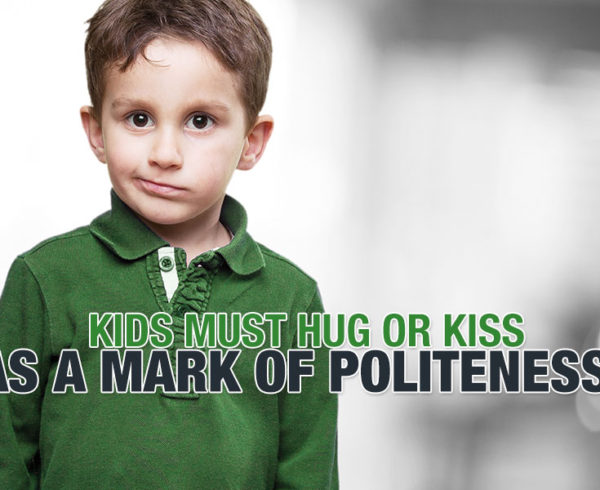

Leave a Comment